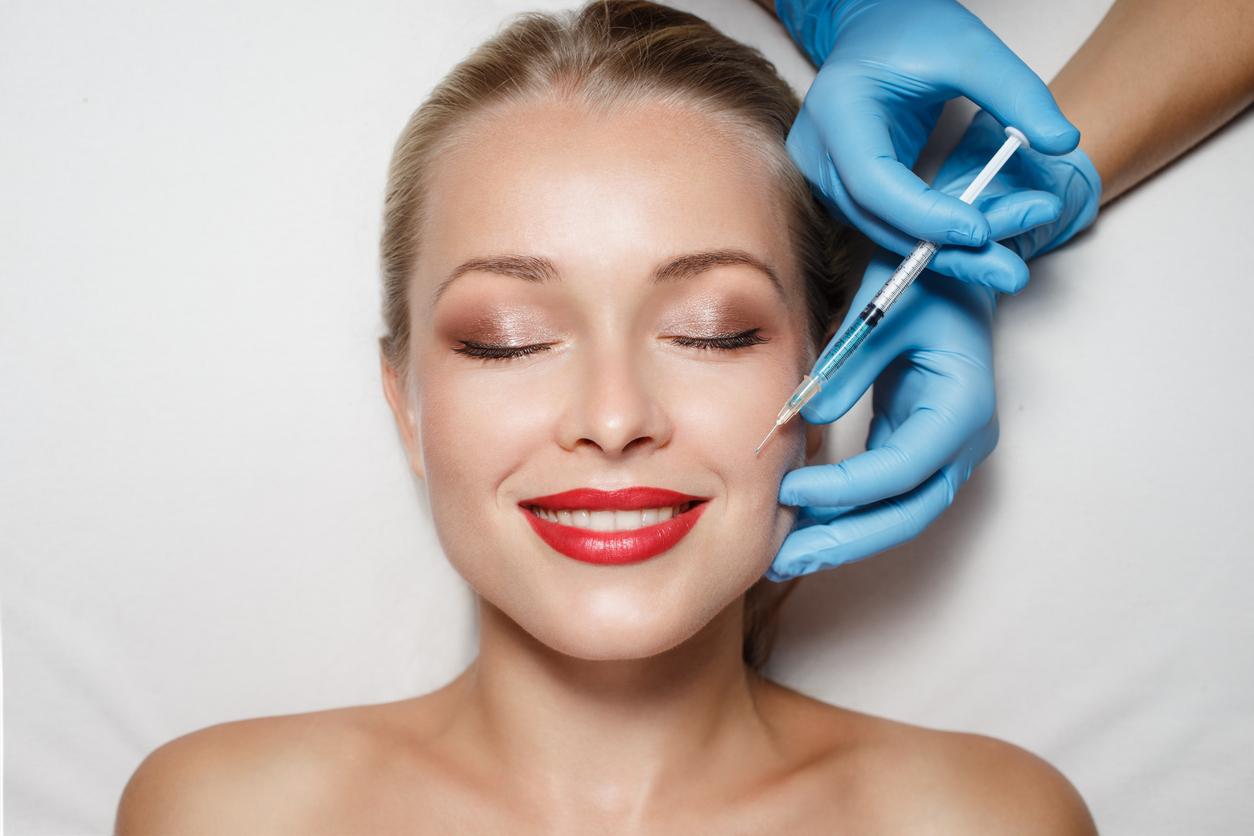Although the decline in cosmetic surgery can only be considered a good thing, Lydia Varney discusses how our unhealthy obsession with make up is filling the void…
Statistics have shown that the number of surgical procedures undertaken in 2016 dropped by 40% from 2015. Promising news if you’re all for embracing natural beauty and the genes we’ve been either blessed or cursed with – or so it might seem initially. But, if you think more carefully, there’s probably a better explanation for the reduction of cosmetic surgery, a reason that, love it or hate it, is undeniably the biggest beauty trend of 2016, and, most likely, 2017 also.
Why spend four and a half grand on a nose job when you can pay £7.99 for the Barry M chisel cheeks contour kit? If you’ve got skills anything like the YouTube sensations that bless us with their knowledge and know-how, you’ll only take ten minutes out of your day and voila!- the bump in the middle of your nose that you never really cared for is practically invisible. Not to mention for some reason celebrities are only too keen to brag that they haven’t had any surgical procedures, yet at the same time want you to know that their contouring genius wouldn’t be possible without the latest, greatest (most expensive) palette. Take Kylie Jenner for example. Aside from the lip fillers, she claims a completely authentic look, but if you think about how many tonnes of makeup she’s laying down, is it really? A carefully blended in cheekbone doesn’t strike me as natural beauty. The statistics might suggest that society’s learning to live with their looks, but the reality is another story.
As an alternative to cosmetic surgery, I guess the rise in the popularity of makeup isn’t the worst that could happen. It’s not permanent, it’s not (particularly) risky and you’re not stuck with its results for all eternity. But it is concerning that girls as young as 11 are seen caking it on, whilst half of us women admit to redoing our makeup at least four times a day. When makeup becomes a necessity, I don’t think it’s as different from the going under the knife as we might like to think.
So yes, surgeons should be warning their patients off making rash surgical decisions. And yes, it’s promising that less of us are looking to permanently edit our faces. But the dependency on makeup as a substitute is still there, and no amount of promising statistics can hide the fact that society still puts too much pressure on perfection.
Lydia Varney
Cover Image: http://www.independent.co.uk

